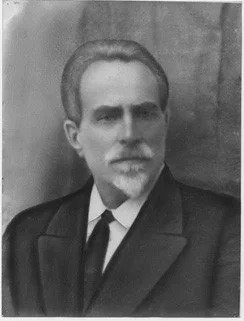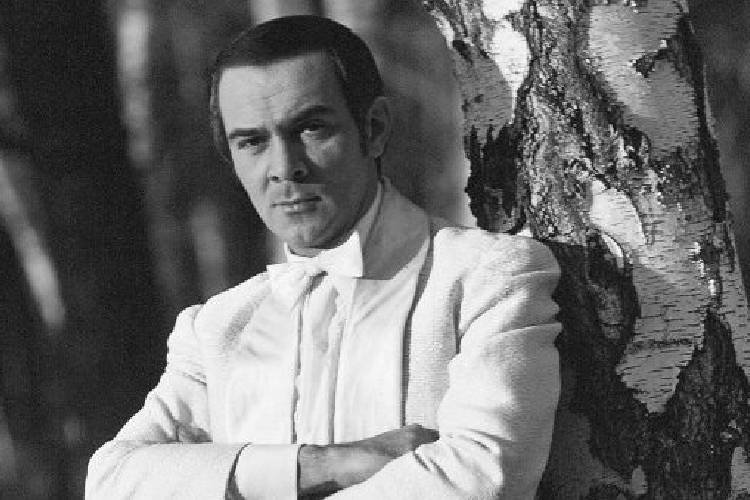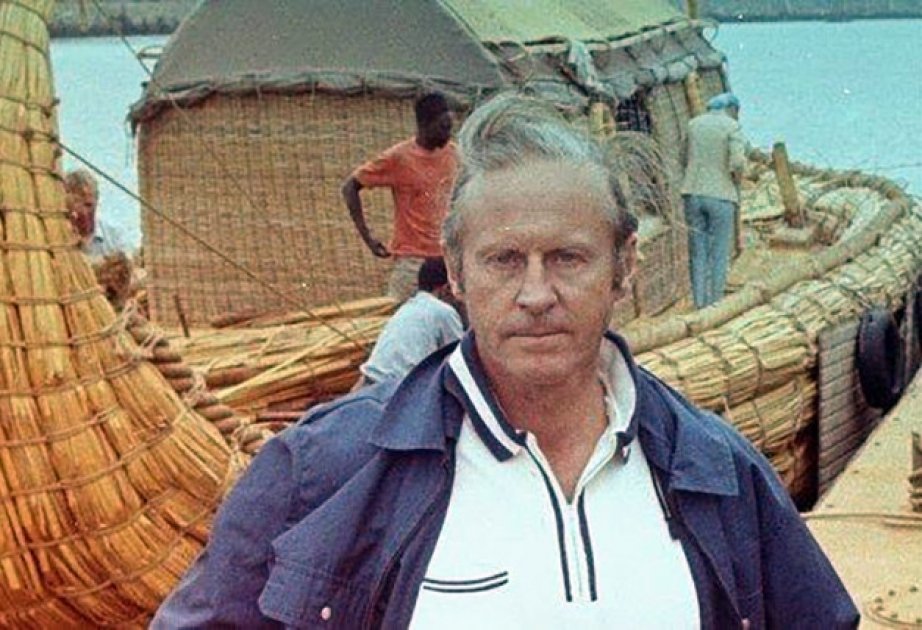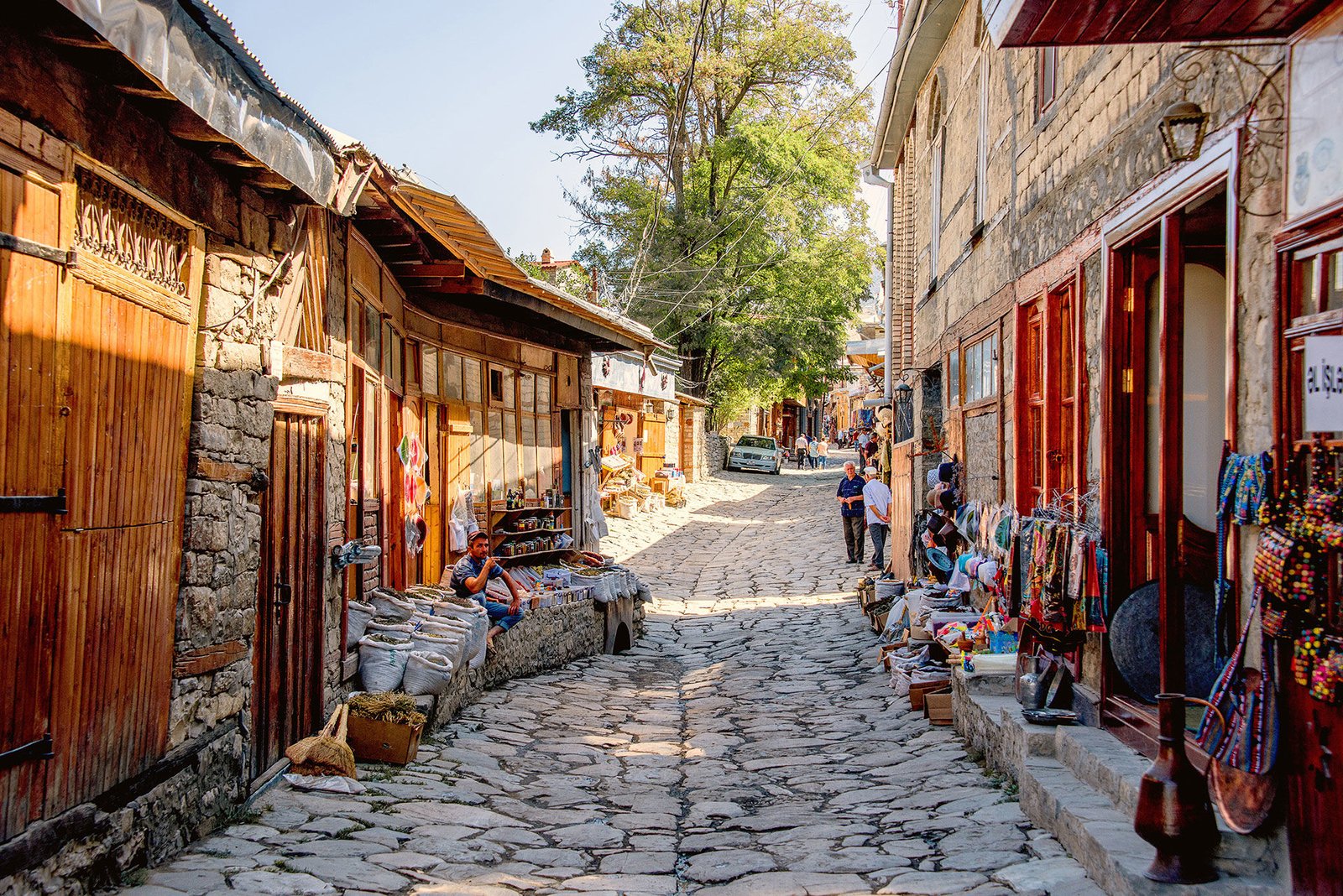Azerbaijan’s Cinematic Legacy: Discovering the Origins of National Film Day

Every year on August 2nd, Azerbaijan celebrates an important cultural event — National Film Day. This date was established by President Heydar Aliyev in 2000 to honor the rich legacy of Azerbaijani cinema, which is considered one of the oldest in the region.
The Forgotten Pioneer: Alexander Mishon and the Birth of Azerbaijani Cinema
While many believe that Azerbaijani cinema began in 1916 with the film "In the Kingdom of Oil and Millions", research by film historian Aydin Kazymzade revealed otherwise. In fact, the origins of Azerbaijani cinema date back to 1898, thanks to the work of Alexander Mikhailovich Mishon, a photographer of Polish-Jewish descent who moved from Kharkiv to Baku in 1884.
During the oil boom, Baku was a thriving industrial center, and Mishon captured its transformation on film. His 30-second documentary "Fire on Bibi-Eibat" is considered the first film ever shot in Azerbaijan — and one of the world’s earliest industrial films.
Alexander Mishon’s Legacy in Baku
Mishon wasn’t just a filmmaker — he was a visionary. He opened a photo studio on Torgovaya Street (now Nizami Street), where he taught photography to both men and women — a groundbreaking act in conservative Azerbaijani society at the time. He also founded the Baku Photographic Society, which welcomed both genders, a bold move for the era.
For his contributions to photography and visual arts, Mishon was awarded medals from the Imperial Russian Technical Society and received honors at international exhibitions, including in Paris.
Early Azerbaijani Films and Theater Influence
Before the revolution, Azerbaijani cinema evolved under strong theatrical influence. In 1916, the first adaptation of the musical comedy "Arshin Mal Alan" by Uzeyir Hajibeyov was filmed. Due to conservative norms, female roles were played by men, and invited Russian actresses couldn’t quite reflect the cultural authenticity of Azerbaijani women.
Cinema in the Soviet Era: Nationalization and Censorship
After the establishment of Soviet rule in 1920, Azerbaijani cinema was nationalized. State authorities took over production, financing, and content supervision. Revolutionary leaders like Nariman Narimanov and cultural figures such as Hanafi Teregulov and Muslim Magomayev initiated the construction of Azerbaijan’s first movie theater in 1922 and laid the foundation of the national film industry.
Celebrating Traditions and Promoting Patriotism Through Film
Azerbaijani cinema has always emphasized traditional values. Films often featured wedding rituals, folk dances, and national music, reflecting the country’s cultural identity. In the 1920s and 1930s, films like "Bismillah" (1925), "Sevil" (1929), and "House Over the Volcano" (1929) addressed social issues such as religious fanaticism, sparking important cultural conversations.
A New Era for Women in Azerbaijani Film
In 1945, a new version of "Arshin Mal Alan" was released, and for the first time, female characters were portrayed by talented Azerbaijani actresses — Leyla Badirbeyli and Minavar Kalantarli. The film became a cultural phenomenon and gained international fame.
Classics of Azerbaijani Cinema in the 20th Century
Throughout the Soviet period and beyond, Azerbaijani filmmakers continued producing works that combined patriotism, history, and social commentary. Some of the most beloved films include:
"Bakhtiyar" (1941) – a story of heroism during wartime
"Son of the Motherland" (1942) – a personal tale in a national struggle
"The Caspians" (1944) – life on the Caspian Sea
"Our Teacher Jabish" (1970) – about education and enlightenment
Other notable titles include the comedies "If Not That One, Then This One", "Where Is Ahmed?", "Ulduz", dramatic films like "Stepmother" and "Beyond the Aras", and historical epics such as "Babek" and "Nasimi". Children’s classics like "The Magic Robe" and "The Secret of the Fortress" remain favorites across generations.
Why Travelers Should Explore Azerbaijan’s Cinematic Heritage
Today, visitors to Baku and other cities can explore film museums, historic theaters, and exhibitions dedicated to the country’s cinematic evolution. If you're interested in culture and history, Azerbaijan offers a unique opportunity to experience the development of cinema in a country where East meets West.
Attend the National Film Day celebrations on August 2nd, walk the streets where early films were shot, and immerse yourself in the powerful stories that continue to shape Azerbaijani identity. Whether you're a film buff or a curious traveler, Azerbaijan's cinematic legacy is a hidden cultural gem waiting to be discovered.







.jpg)




Comments
No comments yet.
Leave a Comment